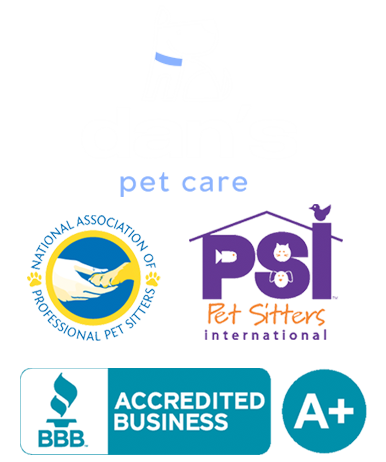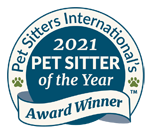Understanding Kennel Cough: A Comprehensive Guide by Dan's Pet Care
Kennel cough, scientifically referred to as canine infectious tracheobronchitis, is a prevalent concern for dog owners and pet care facilities alike. Characterized by its highly contagious nature, kennel cough can lead to significant discomfort in affected dogs and pose challenges in environments where dogs frequently interact. Here, we provide an in-depth look at kennel cough, outlining its causes, symptoms, treatments, and preventive measures with a focus on maintaining the well-being of your pets at Dan’s Pet Care.
What is Kennel Cough?
Kennel cough is a respiratory disease in dogs caused by a combination of viruses and bacteria, most notably the Bordetella bronchiseptica and the canine parainfluenza virus. These pathogens can spread rapidly through airborne droplets, direct contact, or contaminated surfaces such as toys and feeding bowls. The condition is especially rampant in places where dogs congregate, such as parks, kennels, and daycare facilities.
Symptoms of Kennel Cough
The primary symptom of kennel cough is a persistent, forceful cough that often sounds like a goose honk. This can be distressing for both dogs and their owners, leading to several other symptoms:
Sneezing and runny nose
Lethargy or decreased energy
Reduced appetite
Low-grade fever (in some cases)
These symptoms are typically mild but can occasionally lead to more severe conditions if not properly managed.
Treatment Options
The approach to treating kennel cough depends on the severity of the condition:
Isolation: To prevent the spread of the disease, it is crucial to isolate the affected dog from other pets.
Medication: Antibiotics may be prescribed if a bacterial infection is present, alongside cough suppressants and anti-inflammatory drugs to ease symptoms.
Supportive Care: Ensuring the dog remains well-hydrated and rested is vital for recovery.
Most dogs recover within about 10 days, although they can remain contagious for several weeks post-recovery.
Vaccination and Limitations
Vaccination against the agents causing kennel cough is highly recommended. While it significantly reduces the severity of the disease and the likelihood of its spread, no vaccine can offer 100% immunity. This is due to the various strains and the potential for mutation of the pathogens involved. Regular vaccinations are the first line of defense in preventing kennel cough.
Preventive Measures at Dan’s Pet Care
Dan’s Pet Care takes comprehensive steps to mitigate the risk of kennel cough in our facilities:
Routine Vaccinations: We encourage all pet owners to keep their dogs up-to-date with vaccinations.
Health Checks: We perform mandatory health screenings for all dogs entering our facilities to promptly identify and isolate any symptomatic dogs.
Sanitation: We maintain rigorous cleaning protocols, regularly disinfecting all areas and equipment used by the pets.
Staff Training: Our staff is continuously trained to recognize early signs of respiratory issues and to implement isolation and treatment protocols immediately.
Understanding the Risks
Despite the best preventive measures, the nature of kennel cough—similar to the common cold in humans—means that dogs can still contract the disease. We aim to minimize this risk as much as possible, but we also depend on the cooperation of our pet parents.
Our Commitment to Your Pet's Health
At Dan’s Pet Care, we are deeply committed to the health and safety of all pets under our care. We strive to provide a clean, safe, and loving environment for them and take every possible measure to prevent diseases like kennel cough. We also rely on our pet parents to keep their dogs vaccinated and to report any signs of illness before coming to our facility.
This comprehensive approach ensures that we not only treat kennel cough effectively but also prevent its spread, safeguarding the health of all dogs in our care.
Click here to download our comprehensive guide to kennel cough




